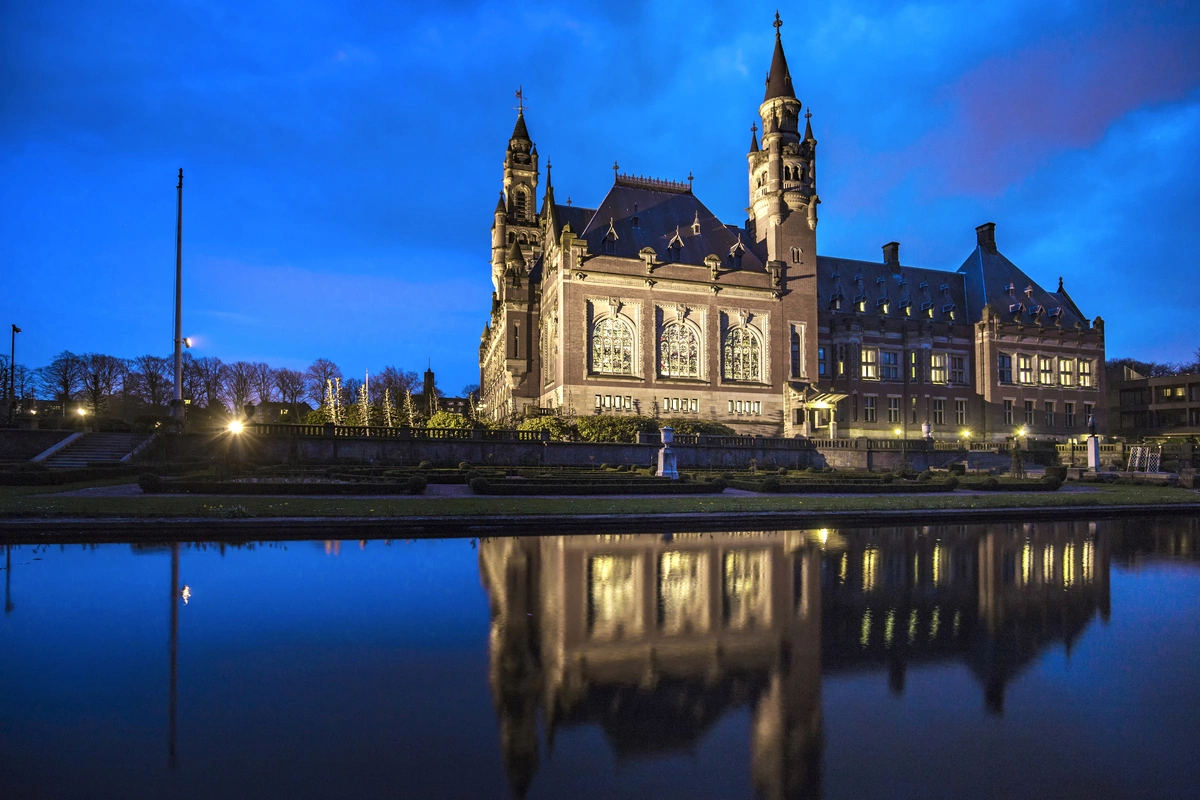
On Friday (November 17) the ICJ delivered the latest ‘order’ in the long-running international legal battle between Armenia and Azerbaijan.
Image: Ankor Light/Shutterstock
Based in in The Hague (Netherlands), the ICJ (International Court of Justice) is the UN’s main judicial organ, briefed with settling international legal disputes and giving opinions on legal questions referred to in by the UN. For several years, the court has been dealing with various aspects of an on-going case in which both Azerbaijan and Armenia accuse one another of contravening the International Convention on the Elimination of All Forms of Racial Discrimination (CERD).
This week’s provisional ICJ orders came as a response to a fifth request (i.e. complaint) from Armenia spurred by the departure of around 100,000 Armenians from Karabakh following Azerbaijan’s restoration of full control on 19 September. With a 13 to 2 majority, the ICJ demanded that Azerbaijan allow the right of un-hindered return of Karabakh Armenians who had left their homes since 19 September, while allowing those who stayed to either leave safely or stay peacefully as they might wish. It also required Baku to protect those people’s identity and property documents such that they retain full legal status.
Outwardly this might seem a minor legal victory for the Armenian lawyers. However, these requirements are pretty much what Baku has been promising all along. Indeed the ICJ’s report highlighted detailed reassurances made by Baku during court hearings on 12 October, which, in the court’s flowery legalistic terminology “contribute towards mitigating the imminent risk of irreparable prejudice” (paragraph 64).
Meanwhile several other of the ten issues on which Armenia had requested judgements were not considered applicable for an ICJ “provisional measure.” Notably enforcing issue 3, calling on Azerbaijan to “withdraw all military and law-enforcement personnel from all civilian establishments in Nagorno-Karabakh” was not considered appropriate. Azerbaijan’s Ministry of Foreign Affairs welcomed the ICJ report for making what it considered such sensible distinctions. The ministry reiterated that Baku honours the “safety and security of all residents, regardless of national or ethnic origin” and noted that the court's decision “once again confirms the sovereignty and territorial integrity of Azerbaijan.”
Also significant from Baku’s standpoint was that the ICJ did not endorse issue 7, phrased in the Armenian submission as “Azerbaijan shall refrain from taking punitive actions against the current or former political representatives or military personnel of Nagorno-Karabakh.” Armenia argued that a Baku commitment not to prosecute such folk would be necessary as part of its CERD obligations to ensure the “protection by the State against violence or bodily harming.” However, Azerbaijan’s point of view is that it should retain the option of punishing those it finds guilty of war crimes—and some of those who served in the separatist administration and military are likely to be considered in part responsible for atrocities committed back in the 1990s when hundreds of thousands of Karabakh Azerbaijanis were forced out of their homes.
Baku was given 8 weeks to come up with a report outlining the ways in which it proceeds to follow the ICJ rulings.
The ruling received relatively little comment in the Armenian media with observers instead more focussed on anticipation that the border with Turkey, closed since 1993, might finally open again soon.
Share on social media
